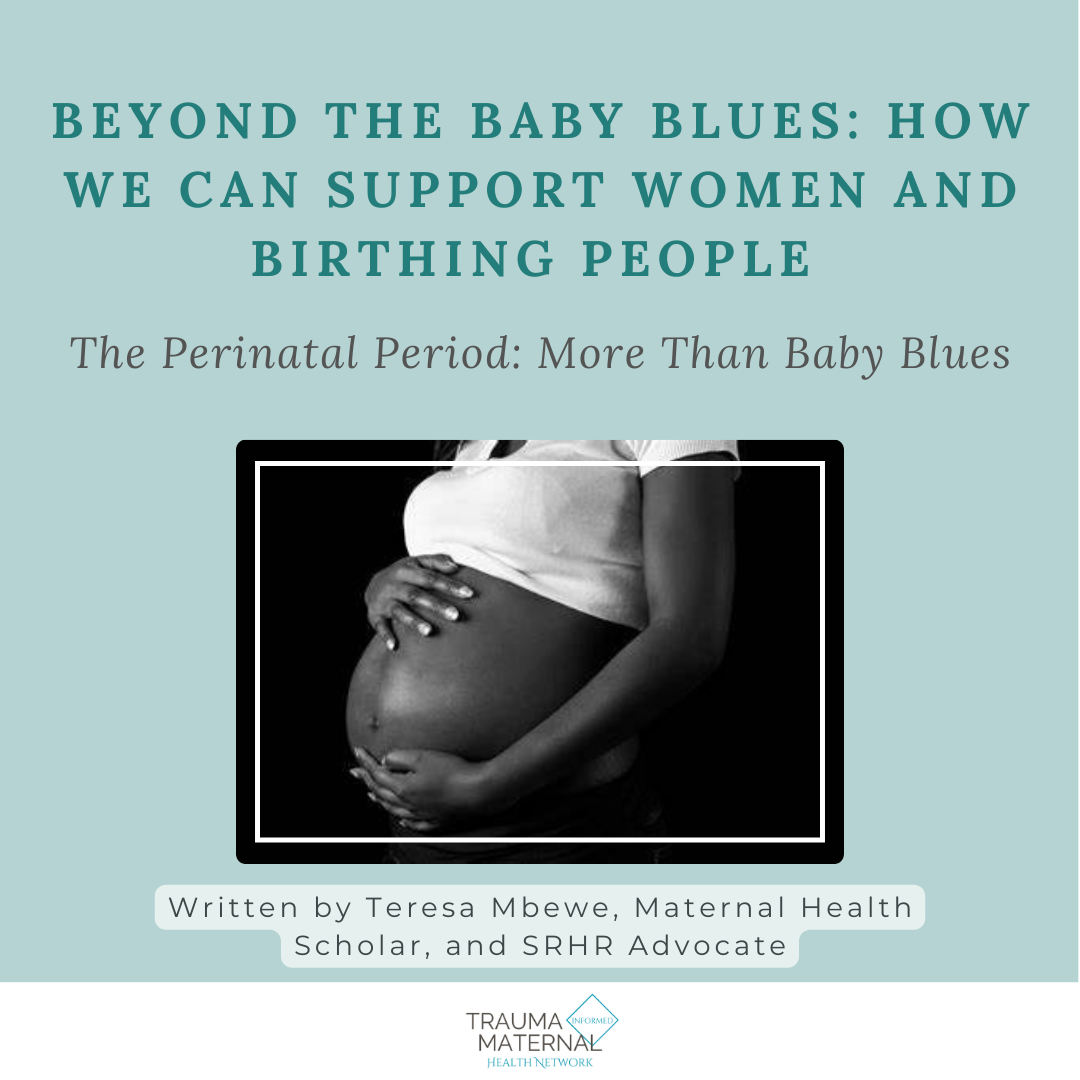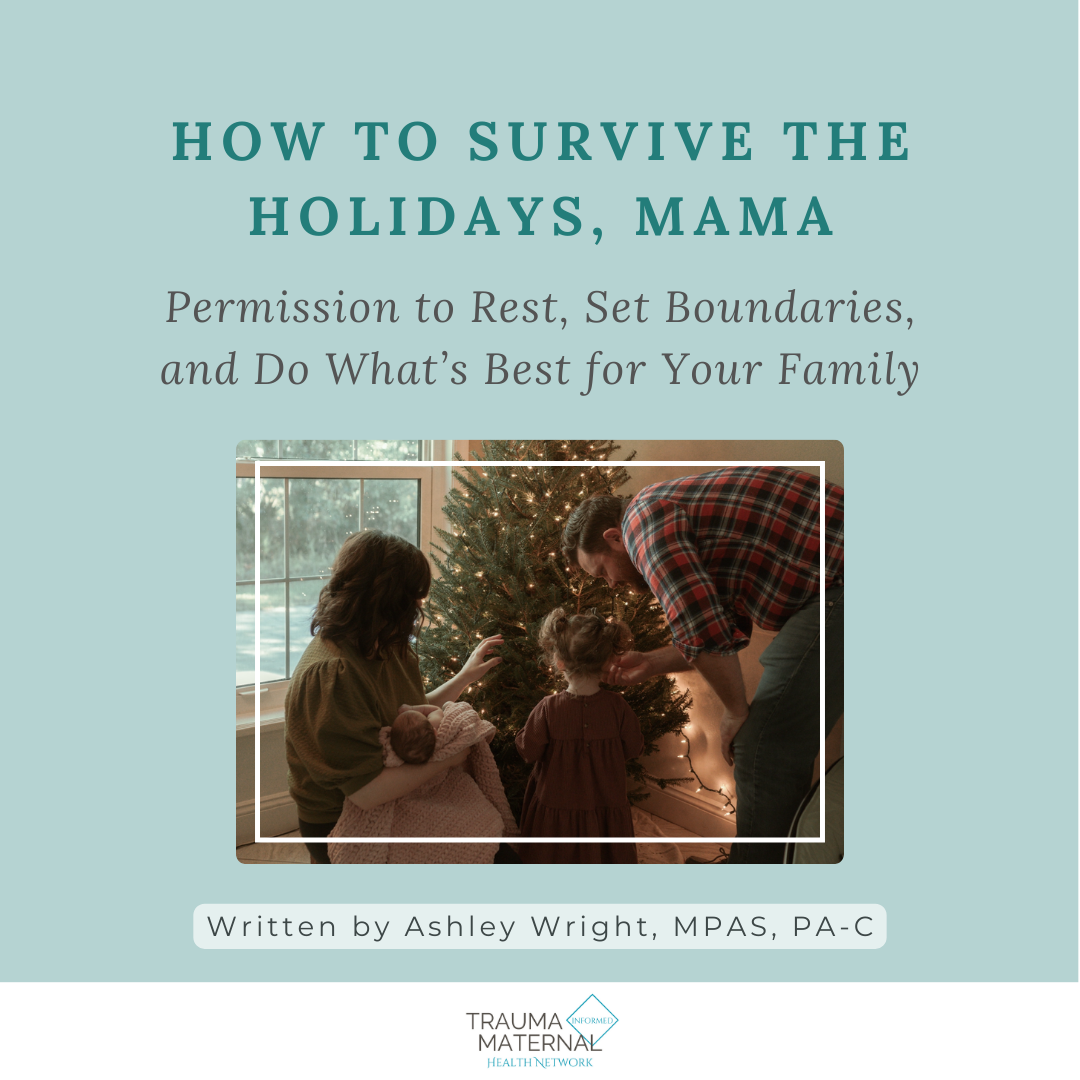10 Ways to Support Moms In Your Community During May Maternal Mental Health Awareness Month
Written by Guest Blogger Emily Guarnotta, PsyD, PMH-C, Co-founder of Phoenix Health
Becoming a mother is one of the biggest transitions in a person’s life. While it can be filled with joy, it can also bring feelings of exhaustion, loneliness, and self-doubt. Social support plays a large role in a mother’s mental health, yet many new moms struggle to find the support they need. Research shows that up to 1 in 7 new mothers experience postpartum depression, and feeling isolated and alone can contribute to this..
As a community, we can all play a role in supporting moms, whether we’re family members, friends, mental health professionals, or just caring neighbors.
Here are 10 meaningful ways to offer support to mothers in your local community:
1. Check In & Offer Emotional Support
Many moms feel pressure to say they’re “fine” when in fact they’re struggling.
A simple “How are you really doing?” can make a world of difference. Regular check-ins, whether via text, phone calls, or short visits, can help new mothers feel seen and valued. Instead of vague offers like “Let me know if you need anything,” try being specific. For example,
“Can I bring you a coffee?” or
“I have some time this afternoon. Can I stop by and hold the baby so you can shower?”
2. Deliver a Meal or Arrange a Meal Train
Cooking can feel especially overwhelming for new parents, who have very little time on their hands.
Dropping off a meal, whether home-cooked or takeout, or sending a gift card, can ease their stress. You could even organize a meal train where friends and family can sign up to provide meals on different days.
3. Help with Errands or Household Tasks
Running errands or tidying up the house may seem minor, but they can feel huge to a mom who is sleep-deprived. Offer to pick up groceries, do a load of laundry, or walk the dog.
Small acts of service can help lessen her mental load and give her time to focus on bonding with her baby.
4. Normalize Asking for and Accepting Help
Many moms feel guilty about needing help and feel that they should be able to “do it all.”
Society celebrates the image of the supermom, but the truth is, parenting was never meant to be done alone. Encourage open conversations about the realities of postpartum life and remind moms that needing help is not a sign of weakness.
5. Join (or create) a Local Mom Support Group
Connecting with other moms can be incredibly validating and empowering.
If your community doesn’t have a local support group, consider starting one! This could be a casual weekly coffee get together, a stroller walk, or even a virtual group. Many libraries, churches, or community centers are open to hosting these types of gatherings.
6. Offer Childcare for a Break
Even one hour of alone time can be a game-changer for a new mom’s mental health. Offer to watch the baby while she takes a nap, goes for a walk, or just enjoys some quiet time. If you’re a trusted friend or family member, let her know she can step away guilt-free without the pressure to rush back.
7. Advocate for Parental Leave and Workplace Support
Many moms return to work long before they’re ready due to financial pressures and workplace policies. Advocating for better parental leave policies and flexible work arrangements can help ease the transition for new parents. Consider reaching out to your local representatives to advocate for change.
If you’re an employer, consider offering resources like lactation and mental health support, work-from-home options, and flexible hours.
8. Share Mental Health Resources
Many moms don’t realize they’re struggling with postpartum depression or anxiety until they hear someone else talk about it. Sharing information about perinatal mental health resources, including local therapists, postpartum support groups, and online communities, can make it easier for moms to seek help.
Organizations like Postpartum Support International (PSI) offer valuable resources for moms, families, and healthcare providers.
9. Celebrate Her
New moms often hear praise about their baby’s milestones but rarely are praised for their own growth and resilience. Matrescence is the developmental process of becoming a mother, and it is no small feat! Celebrate her journey by acknowledging her strength, writing her a heartfelt note, or gifting her something just for her (not baby-related!).
Recognizing and affirming her role as a mother helps reinforce her sense of identity and worth.
10. Be a Judgment-Free Zone
Parenting is full of tough choices. Whether it’s breastfeeding vs. formula, sleep training vs. co-sleeping, returning to work vs. staying home, and the list goes on. Unfortunately, mom-shaming is common, and social media can make it worse. Commit to being a safe space where moms feel supported and not judged. Every family’s journey is different, and what works for one family may not work for another. Avoid unsolicited advice and instead support her decisions without judgement.
Supporting moms in the community doesn’t necessarily involve grand gestures. Even small, consistent acts of care can let them know they’re not alone. Whether it’s through emotional support, practical help, or advocating for legislative change, each of us can make a meaningful impact in the lives of moms in our community.
- - - - -
Guest Author: Dr. Emily Guarnotta, PsyD
Dr. Emily Guarnotta is a licensed clinical psychologist and certified perinatal mental health provider. She owns Phoenix Health, a therapy practice that supports anyone experiencing infertility, pregnancy loss, and perinatal mental health concerns.
Website: https://joinphoenixhealth.com/
Instagram: https://www.instagram.com/_phoenix_health/
Directory Listing: https://directory.maternaltraumasupport.com/search/phoenix-health.html
About the Trauma-Informed Maternal Health Directory
Liz Gray, LCSW and Olivia Verhulst, LMHC, PMH-C— co-founders of the Trauma-Informed Maternal Health Directory— are clinical psychotherapists with a deep passion for increasing accessibility of trauma-informed care to the maternal health population.
They created this specialized directory to connect women & birthing people to trauma-informed health & mental health providers who specialize in infertility, pregnancy, postpartum, and new parenthood.
Search the directory: https://directory.maternaltraumasupport.com/
Interested in writing a guest blog post?
If you are a trauma-informed provider who works with the perinatal population, submit a blog proposal HERE!
Please make sure the article is original content that aligns with our values of safety, inclusion, transparency, collaboration, empowerment, and support.




